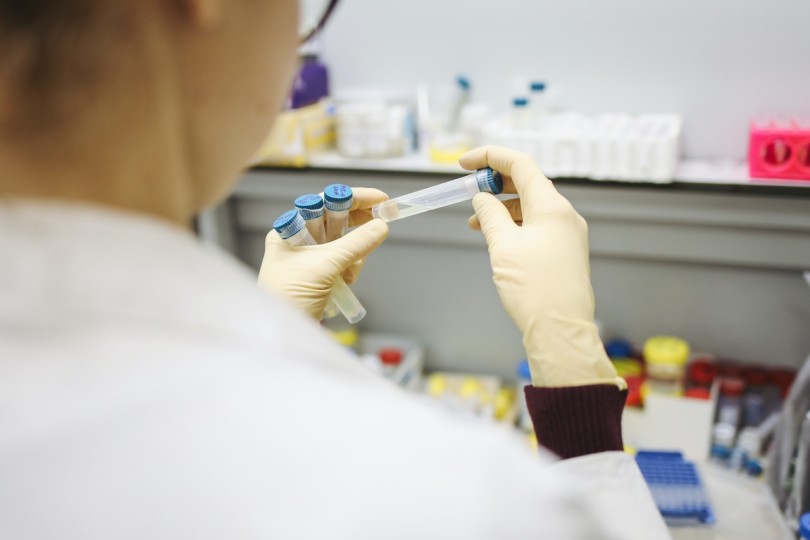Is Autonomous Driving coming to the UAE?
26 Apr 24
Lab ChatThe Global News Source for the World of Science and Chemicals
17 October 2021
Enviro Chat
The Covid-19 pandemic has seen a dramatic rise in the use of medical grade gloves. In order to prevent the spread of infection, healthcare professionals, patients and members of the general public are asked to wear gloves when interacting with one another, with the vast majority of these gloves thrown away after just one use.
What’s worse, experts predict that over a third of those gloves are actually being wasted due to size issues, faulty batches or improper stock management. Now, however, a new technological solution from the UAE could drastically reduce that wastage, setting a gold standard to be used the world over.
The disposable gloves market was already estimated at $6.86 million in 2019. Thanks to the outbreak of coronavirus and the increased demand it has engendered, that market is expected to almost treble to $18.89 million by 2027. Even today, there are around 65 billion pairs of gloves used and discarded on a monthly basis.
The issue of glove waste is exacerbated by the fact that many people take gloves for their own personal use, have difficulties in putting them on correctly (especially with the unpowdered variety demanded for preventing the spread of Covid-19) or else contaminate whole batches by leaving them exposed to infection.
To overcome the problem, IGIN Lifestyle have come up with a device that reduces wastage, eliminates contamination and enhances transparency, all at the same time. Instead of forcing doctors and nurses to fiddle with sticky and awkward gloves from a box, the machine automatically places them on the individual’s hand for a snug fit.
All that the person needs to do is disinfect their hands, wave them over a sensor and, once the portal has opened, insert their hand into the machine. The device will then inflate a glove and release it onto the person’s hand, creating a perfect fit. This will save time, detect faults, prevent contamination of supplies and reduce glove consumption by up to 35%. The sophisticated technology inside the machine also keeps tabs on inventory, allowing managers to see at a glance how many machines are in operation, where they are located, and which are running short of gloves.
IGIN Lifestyle are headquartered in Dubai and serve as just one more example of how the UAE is an industry leader when it comes to medical technology and innovation. The country is already renowned for its use of AI in labs to come up with sophisticated new solutions, while Dubai is one of the leading destinations for medical tourism all over the world.
Mass production of the IGIN devices is expected to begin before the end of the year, with deployment rolled out across the country in the coming months. As a method of reducing waste, preventing contamination and enhancing stock management, it’s a world-leading technology which its manufacturers expect to export across the globe in the near future.
DOWNLOAD PDF

2 Day Seminar Program
@ ArabLab+ 2024
24 & 25 September 2024
22 Apr 24
Lab ChatYour stay in Dubai
Labkit
Product News
Chemkit
Product News
Thinking about exhibiting at ARABLAB 2024? Watch our video to find out more.
Join the world’s leading organisations…
Join our mailing list and receive the ARABLAB newsletter and event updates.